How Sandwell is encouraging families to embrace exercise
- Published
The Withey family say exercise has helped transform their lives since lockdown
It once had the unenviable title of the most inactive area in England, but Sandwell is managing to make big leaps in improving the fitness and health of its residents. The BBC went to find out how.
"They're always doing something, they're always on the go."
The doors open and the boys rush in. The nets are taut, the court floor freshly polished and water bottles line the wooden benches.
Emma Withey has brought her three sons Lewis, 16, Charlie, 12, and Jake, 10, to play badminton.
They've arrived at the Hadley Stadium in Smethwick early, champing at the bit to play with their friends from the Sandwell Special Olympics group.
After lockdown ended, the Withey family stepped up their weekly physical exercise routine so they combine an hour on the courts with football, a swimming class and walking their dog.
It's the balance Emma, from Smethwick, has been striving for. Her boys have learning disabilities and she told me she has found it hard to find activities that excite them, hold their attention and keep them fit.
"It just burns all the crazy energy off the boys," she said.
"They love it and it's like a great big family here. It's just finding the time to fit it all in with tea and bedtime routines, it is quite hard."
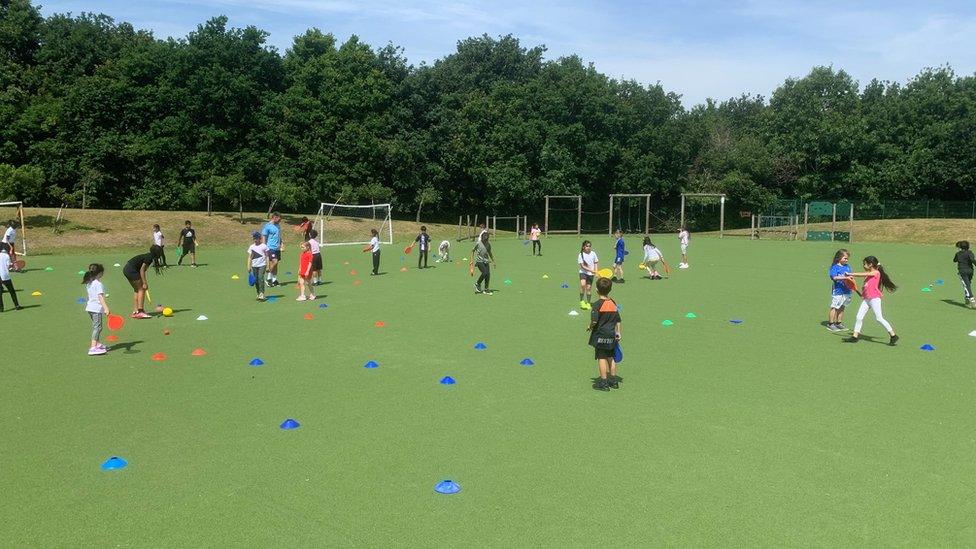
The children enjoy being outside together and having fun
The Witheys are among a growing number of families in Sandwell seeking out physical exercise and it's making a real difference to wider public health.
For the first time in years, the six towns that make up Sandwell no longer have the least active children in the Midlands. The area is finally shedding the tag of what some have called - rather unkindly - the Black Country's fat capital.
A major study of physical activity by Sport England looked at how much exercise an adult gets each week. If it's more than 150 minutes, that's considered 'active' but if it's less than 30 it's considered an 'inactive' lifestyle.
The bad news for the Black Country is that, taken as a whole, it remains the most inactive area in England - with 35 per cent of adults working out for less than half an hour a week.
But Sandwell has moved from being the most inactive local authority area in England to 14th in the space of a year. There is nothing sluggish about this improvement.
"Sandwell is one of those places where a sense of community is absolutely crucial," the area's director of public health told me.
Lisa McNally says the local authority is working harder and offering more grants to grassroots sports organisations.
"It's not about telling them what they should be doing," she adds.
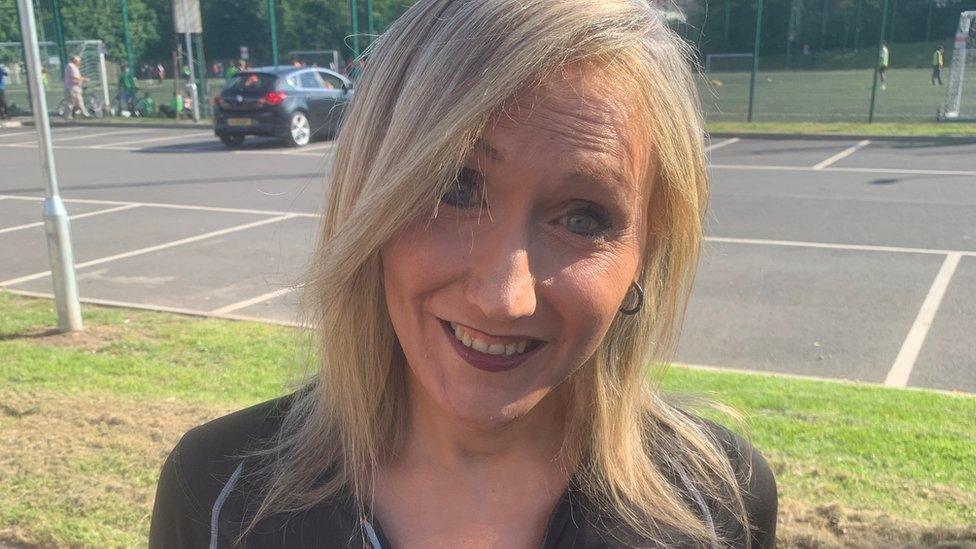
Lisa McNally says Sandwell's sense of community is crucial to participation
The council has delivered funding grants to dozens of grassroots sports organisations from football, to dancing and tennis.
And with the Sandwell Aquatics centre being a focal point of the upcoming Commonwealth Games in Smethwick, the authority has pledged to continue to offer free swimming lessons for children in local pools.
Ongoing access to sport must consider the cost of living for families, says Dr McNally.
"We have high levels of financial deprivation," she said. "A lot of our residents struggle with money and that can be a big barrier towards accessing physical activity and sport."
The Albion Foundation invited me to see some of their sports coaching in schools. The charity's goal is to deliver 10m hours of sport in the next decade and "make a difference to 100,000 lives".
At Eaton Valley Primary in West Bromwich, year three pupils were limbering up on one of the warmest days of the year.
Katie Grainger and her team were leading a tennis session for one group while pupils with special educational needs were trying out the long jump.
Crucially, they've found that 91 per cent of children they coach during school hours are also joining their sessions after school and at weekends.
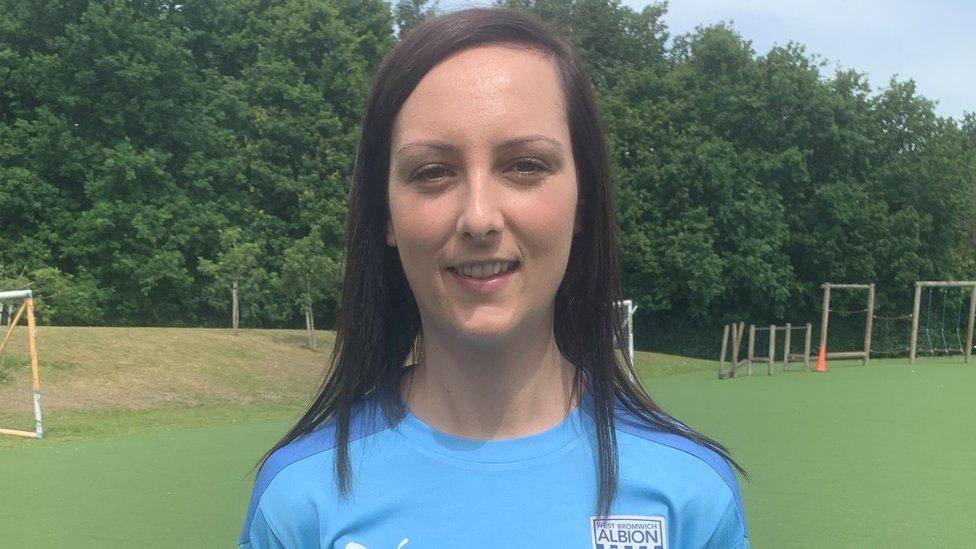
Katie Grainger is among those helping children get fit and learn lessons to last a lifetime
"Since Covid, the obesity levels have been quite high coming out of it so I think that has helped with the mindset shift as well," says Katie. "I think it is really important to encourage not just physical activity but healthy lifestyles as a whole."
Volunteers are an important part of the shift in attitudes. Norma Hyde has been a volunteer for Sandwell Special Olympics for 40 years.
The organisation has just been awarded the Queen's Award for Voluntary Service.
Ms Hyde says the young adults missed sport and exercise during the pandemic and it increased their isolation.
"They've missed it for quite a long time and they began to become unfit and it also affected their mental health," she said.
"A lot were getting so isolated and depressed, they needed something to belong to. We're trying to keep them active and keep the momentum going."
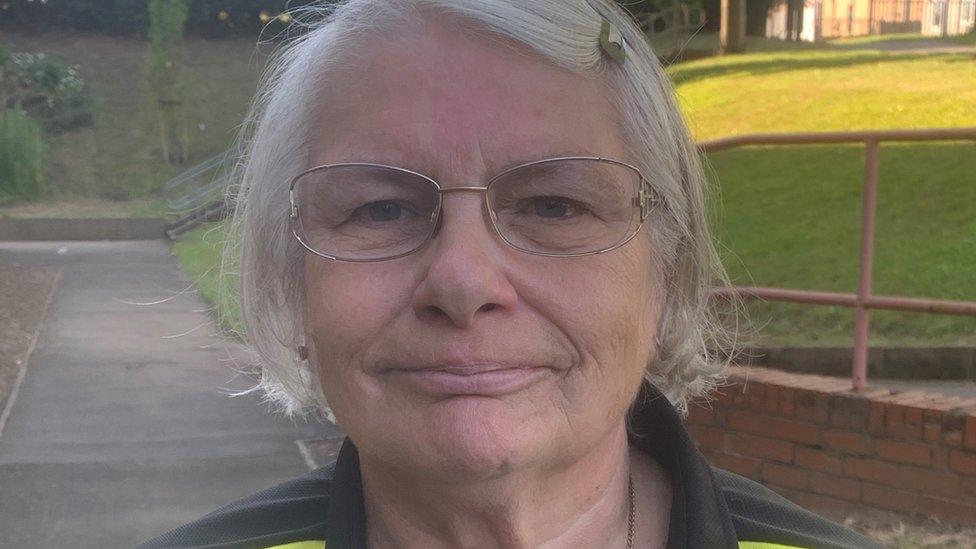
Norma Hyde has been helping the people of Sandwell exercise for 40 years
The devil, as they say, is in the detail but really it's in the data.
In Sandwell last year, NHS England reported a nine per cent drop in hospital admissions directly attributable to obesity.
Taken with the Sport England survey, it's understandable why there is a renewed confidence that families like the Witheys are engaging with sport.
For a decade, I have reported on the difficulty families in the Black Country have faced to stay fit, eat healthily and access sport.
I have spoken to countless health experts, frustrated directors of public health who all had sensible plans but when fresh data emerged, it was clear progress was much harder to achieve.
Dr McNally says the Commonwealth Games could "stimulate a lot more interest in being active…which could bring such a boost to what we are trying to achieve here".

Follow BBC West Midlands on Facebook, external, Twitter, external and Instagram, external. Send your story ideas to: newsonline.westmidlands@bbc.co.uk, external
Related topics
- Published15 March 2022
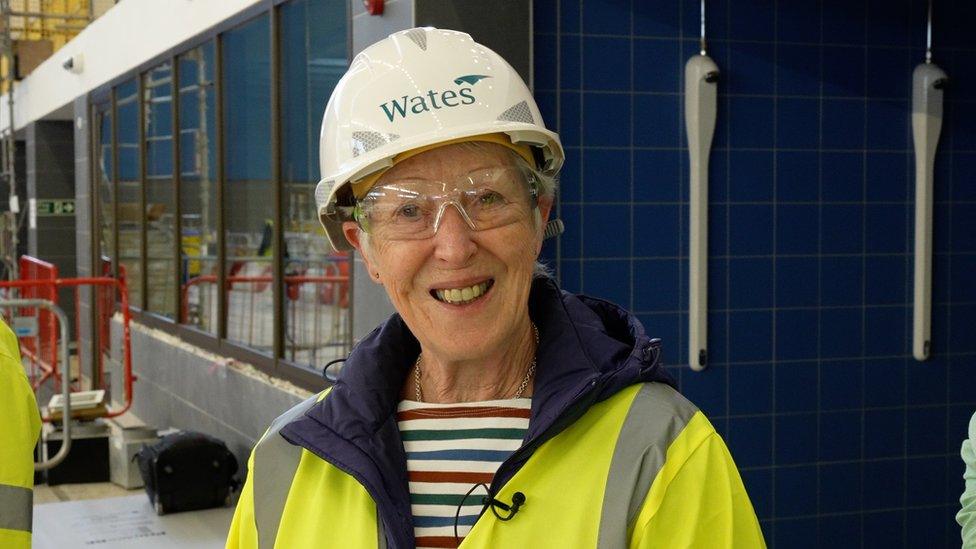
- Published11 November 2021
